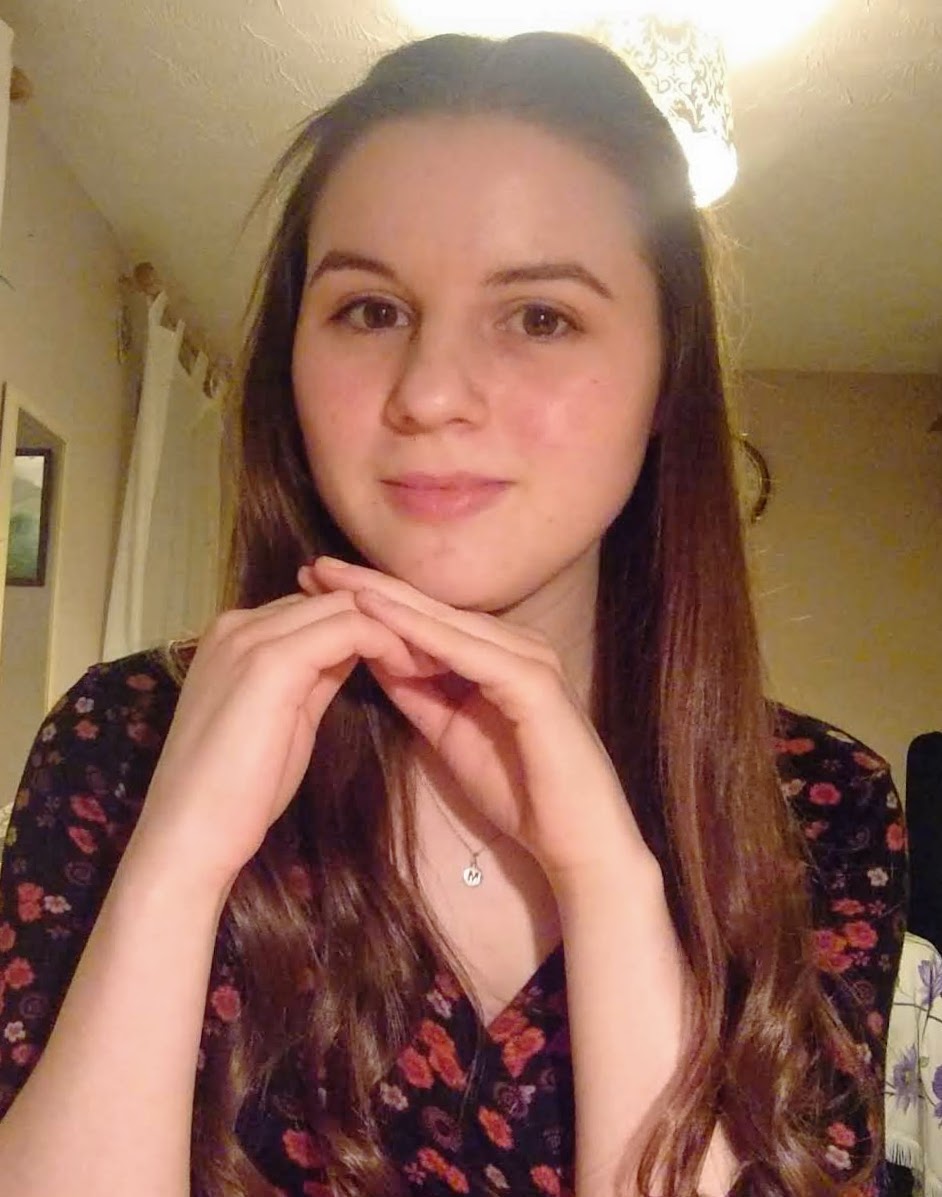Hi there! I’m Maria, a Psychology student and I’m currently on placement as a Psychology Assistant in an NHS Foundation Trust.

At first, I was convinced I wouldn’t apply for clinical placements (I really wanted to go abroad!) but, six months into my placement in Clinical Health Psychology, I’m really glad I changed my mind.
My experience hasn’t been quite as expected, as for many people on PTY in this strange year – I have managed to go into the hospital, but often I’ve worked from home. With that in mind, here are some things I’ve learnt from being a Psychology Assistant for a few months:
1. Feeling uncomfortable and out of your depth at first…is okay
You’re doing this placement to gain experience in the career field, so it’s likely to be the first time you are doing something like this, as it was for me. You might feel apprehensive about stepping out of your comfort zone and may be thrown into what author and researcher Brené Brown calls a TFT (Terrible First Times) “the vulnerability, uncertainty, and fear of these firsts can be overwhelming. Yet, showing up and pushing ourselves past the awkward, learner stage is how we get braver.”
The first few times I walked into the hospital, I was in a TFT. I’d somehow stumbled in, got lost in the maze of the hospital layout, and would soon be found and politely escorted out. For the first month, it felt like all I did on placement was ask questions (and call IT), but people didn’t seem to mind and understood exactly what it was like to start a placement.
We know that doing something new helps you grow, yet it can still feel awful and uncomfortable at the time. After the fear subsided, I remembered that I do have some experience from the course and I can, of course, use and build on my existing skills.
2. Developing your reflection skills – a lot
Reflecting on discomfort, as well as your experiences generally, is so valuable on placement, in several ways. Firstly, your reflections will be useful for your PTY assignments and will help you take a wide perspective on the placement year, remembering all the wins, highlights, and challenges. Secondly, you will be building a vital skill for any career you decide to pursue, but certainly for Psychology posts, where being able to reflect on your development and skills will help at all stages of the application and training process.
I started a placement diary in September, mainly because I’d heard that it was good practice, and it would help me remember everything I’d done. However, over time, this diary grew into something of a journal, that allowed me to learn how I work best, reflect on experiences, and pause to really appreciate them.
If you enjoyed this article, check out my next one (coming in June), or if you’d like to know more about my placement, feel free to contact me – www.linkedin.com/in/maria-sleptsova
Also see this article, quote taken from https://brenebrown.com/blog/2020/03/21/collective-vulnerability/#close-popup
